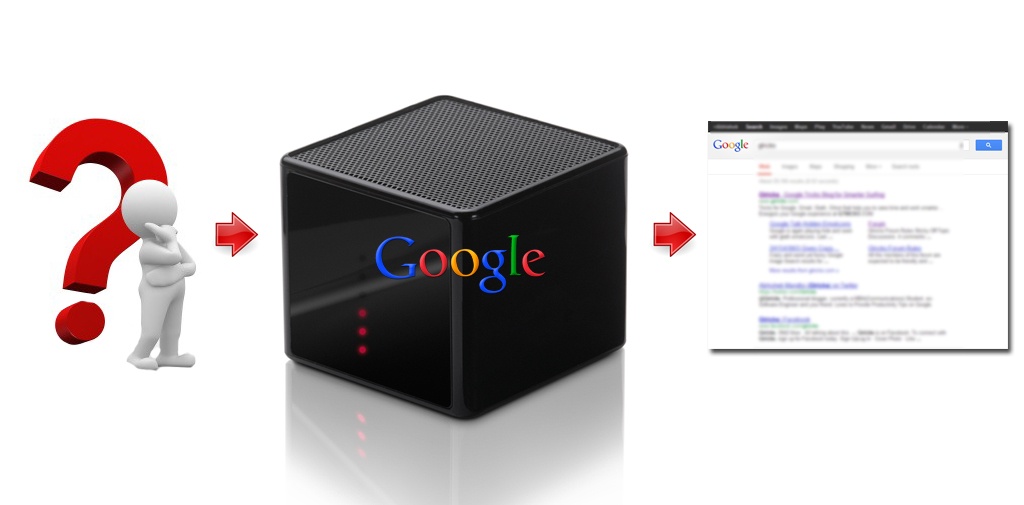When the web development team at Dell was asked to de-segment and restructure their site in less than 12 months, the company turned to seoClarity’s site audits to help them save hundreds of hours of manual processing.
Background
Dell is one of the biggest, most recognizable names in the computer technology industry. The company develops, sells, repairs and offers support for its full line of computers, servers, televisions, printers, software and data storage devices, as well as all of their related products and services.
Not surprisingly, a lot of Dell customers use the company’s website to research and purchase products, as well as
troubleshoot issues, contact customer support, submit repairs and conduct pretty much any other business they may have related to their devices.
Naturally, this means that Dell’s website is incredibly huge and complex, with thousands of different pages meant to allow customers to attend to any business that they may have.
Challenge: Segmented Site and a Confusing User Experience
For nearly 15 years, Dell had been developing a system for its website that intended to segment the user experience for each visitor based on their individual demographic information and purpose for visiting the site in the first place. This meant the company had to find out if a visitor was a business or a consumer, a federal or state customer, etc.
“We were basically interrogating users as soon as they got to Dell.com,” explained Dell’s Global Online SEO
Senior Advisor. “We were asking them to identify themselves and then choose their experiences based on that.”
However, this ended up being pretty confusing for many users, who were unsure of what size classification their businesses may fit into or they were independent contractors hired out to work for federal agencies, etc. This made the Dell.com experience far too muddled and confusing for most users.
Dell decided that it was time for a change, and the company tasked its web development department with creating a new, de-segmented user experience, giving them just one year to do it.
Of course, this led to another problem: trying to figure out what will happen with the multiple versions of each page on the site that were specifically created for the segmented experience, and how the company could retain the same page strength and link equity that all of those pages had accrued over time.
“The big question that we needed to make sure we understood first was what exactly the current state of the site was,”
said Dell. “In other words, how many 301-redirects have we created in the process of building up this site over the past 15–20 years? How many successes through one redirect or serial redirects have we created, and how rampant is
the problem?”
Solution: Streamline Work Through Site Audit Technology
Luckily for Dell, they had some previous experience using the seoClarity platform, and knew that it could help his team dramatically streamline and hasten their work. In particular, the platform’s site auditing functionality could dive deep into Dell’s website to understand where all of its redirects were going and figure out just what kind of mess
they had on their hands with their “antiquated, segmented site.”
“seoClarity fills that need far better than any other technology, because it does more than just provide us with executive dashboards that show us where we’re ranking,” said Dell. “All tools do ranking measurement and integer Omniture data – that’s nothing special – but not many of them were able to give us actual insights on a broader scale, or even down to a page-specific scale that we felt we needed.”
“seoClarity as a platform provides a lot for us in terms of actual insights and allows us to know exactly where we need to apply our efforts in order to have the best results for our team, based on whatever goals we set.”
– Global Online SEO Senior Advisor, Dell
Dell felt that most “SEO tech knowledge tools” were too focused on on-page content—that most of them were behind the times, trying to push a keyword-centric approach to SEO that Google is intentionally moving away from in an effort to focus on quality content that happens to have keyword coverage. seoClarity was able to step up and help Dell locate all of its site’s 301 redirects, something that other SEO tools couldn’t handle.
However, after Dell’s team made adjustments to those redirects, they started seeing a number of other issues, like 302 redirects, broken links and serial redirects that would send all of the versions of a page down to a single one.
“That’s where the site audits and the seoClarity team, in particular, really came through for us,” said Dell. “The platform identifies that there is a 301 or 302 or 404 or 401, but we were looking for those serial redirects. So, I engaged the seoClarity engineering team to not only crawl the site, but crawl the results, and those results, and then crawl those results.”
Results: Improved Link Equity and Site Structure in Less than 12 Months
By taking such a thorough approach to auditing Dell.com, and utilizing the availability of the seoClarity team, Dell was able to identify a large number of serial redirects that were massively diluting their link equity to destination pages.
This saved Dell’s team from what would have otherwise been a very exhausting manual process that would have required individually investigating all redirects to thousands of pages every time they de-segmented the site for a different country, with potentially over a thousand links per country.
seoClarity and its site audits technology have become an essential part of Dell’s daily SEO routine. Dell’s team uses ongoing audits to determine which pages on Dell.com are missing vital information, such as page titles, H1 tags and much more, including any CMS issues that may exist. And when Dell redesigned a portion of its site, seoClarity site audits were able to identify four-thousand pages that were missing meta descriptions.
If you're looking to perform site audits at scale, stabilize your site, and increase conversion rates, look no further than the power of seoClarity's site audit technology, helping enterprise clients create a better search experience across their site, regardless of complexity.








Comments
Currently, there are no comments. Be the first to post one!